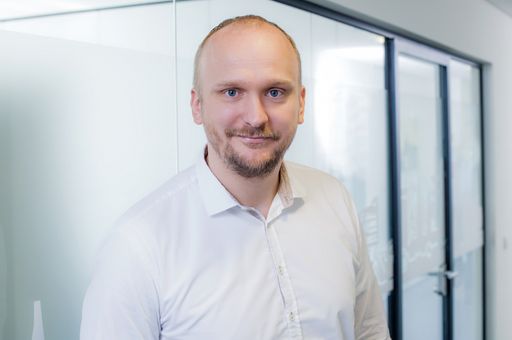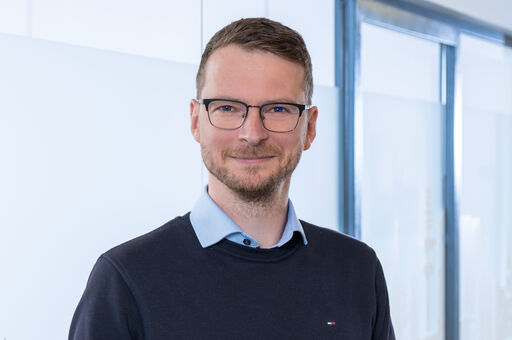As reported by the European Council, on 4 March 2024 it adopted amendments to EU legislation on waste electrical and electronic equipment (WEEE), which includes a range of products such as computers, refrigerators and photovoltaic modules.
The amendments are intended to bring the WEEE Directive into line with a ruling by the Court of Justice of the European Union (CJEU) from 2022, which made it clear that the Directive is partially invalid as a result of the unjustified retroactive application of extended producer responsibility (EPR) to waste from photovoltaic modules placed on the market between 13 August 2005 and 13 August 2012.
The amendments made clarify the following:
- The costs for the management and disposal of waste from photovoltaic modules placed on the market after 13 August 2012 shall be borne by the producers of the electrical and electronic equipment.
- The extended producer responsibility for electrical and electronic equipment included in the scope of the Directive in 2018 should apply to electrical and electronic equipment placed on the market after that date.
The adoption procedure is finalised with the vote in the Council. The text amendments will now be signed by the two legislative bodies. They will then be published in the Official Journal of the EU and enter into force 20 days later. The member states then have up to 18 months to transpose the amended directive into national law.
Based on the fact that the CJEU has ruled that the retroactivity requirement of the Directive is unlawful, a distinction must be made as follows from the perspective of take-e-way:
- In some countries, PV modules are B2B devices. For these, the situation is now changing considerably, because for historical PV modules - and according to the new interpretation, these are all those that were placed on the market before 13 August 2012 - the last owners themselves are responsible for financing the disposal.
- In countries where PV modules are dual use, i.e. B2C, the disposal of historical PV modules must be financed proportionately by all producers active on the market, i.e. for Germany by the collection coordination organisation.
Accordingly, nothing changes for Germany (and all other countries in which photovoltaics is categorised as B2C).
take-e-way will be happy to answer your questions about WEEE, the Electrical and Electronic Equipment Act, the Batteries Act, the Packaging Act / packaging subject to system participation and the EPR on +49/40/750687-0 or consulting@take-e-way.de and will help you with registration/licensing.
For information on our international compliance services in connection with the placing on the market of electronic devices, batteries/rechargeable batteries and packaged products or packaging, please click here: https://www.take-e-way.com/international-compliance/

